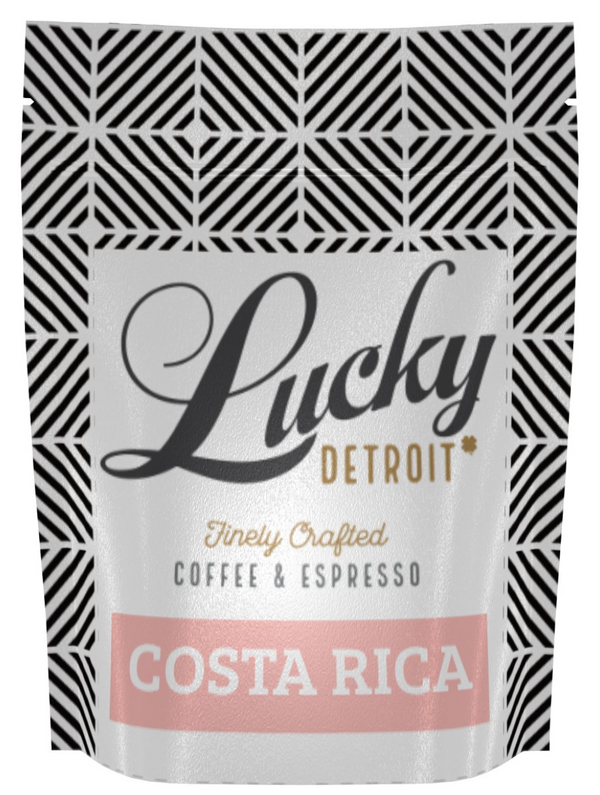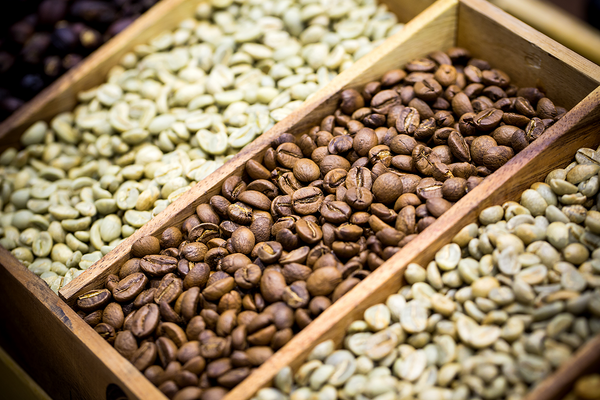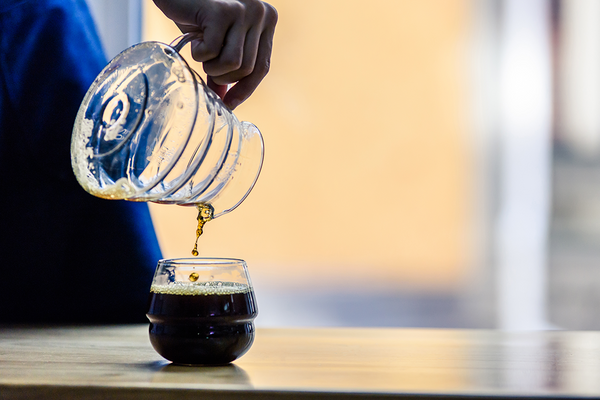Costa Rica Las Lajas Micromill
Unit price per
only -12 left in stock
Oscar and Francisca Chacón are third-generation coffee producers, but the coffee is more than just in their family heritage: It's in their hearts and souls as well. The couple is committed to quality and innovation, and are among the very first farmers in Costa Rica to produce Honey and Natural process specialty coffee.
In 2005, after years of delivering their cherry to a cooperative for the going market price, they decided to join the brand-new "micromill revolution" and buy their own depulper to have more control over the quality and the price they received for their lots. "At first, we didn't know what we were doing," Oscar explains. "We were just experimenting." That experimentation led to some of the most exciting new flavor profiles we have ever tasted: Now, the Chacons produce a wide range of Honey process coffees, modulating the drying time in order to create different effects in the cup.
Necessity bred more innovation for the family when an earthquake in 2008 wiped out electricity and water to their area during the harvest. Unable to run the depulpers or to wash the mucilage off to produce Washed lots, Francisca took inspiration from her knowledge of African coffee production and quickly built raised beds on the property. Their Natural lots caught the attention of Cafe Imports' founder Andrew Miller, and the rest is both history and our-story.
These days, Las Lajas focuses on several variations of both Honey and Natural process:
- Yellow Honey: Coffee is turned hourly on raised beds for a few days, then transferred to a greenhouse and turned regularly.
- Red Honey: Coffee is turned several times a day and dried for longer in the greenhouse.
- Black Honey: Coffee is turned once a day.
- Perla Negra Natural: Coffee dries directly in the sun for 10 days, rotating constantly, and then is transferred to bags and left for 2–3 days before being moved to raised beds.
- Alma Negra: Drying starts in the greenhouse for a few days. Then it is brought to the greenhouse and piled up at night and moved to the raised beds during the sunshine hours.
The Cup
"Cocoa and coffee flavors."
| Origin | Costa Rica |
| Region | Sabanilla de Alajuela, Central Valley |
| Farm | Sabana Redonda |
| Variety | Pacamara |
| Altitude | 1450–1600 masl |
| Proc. Method | Yellow Honey |
| Harvest Schedule | January–March 2020 |




